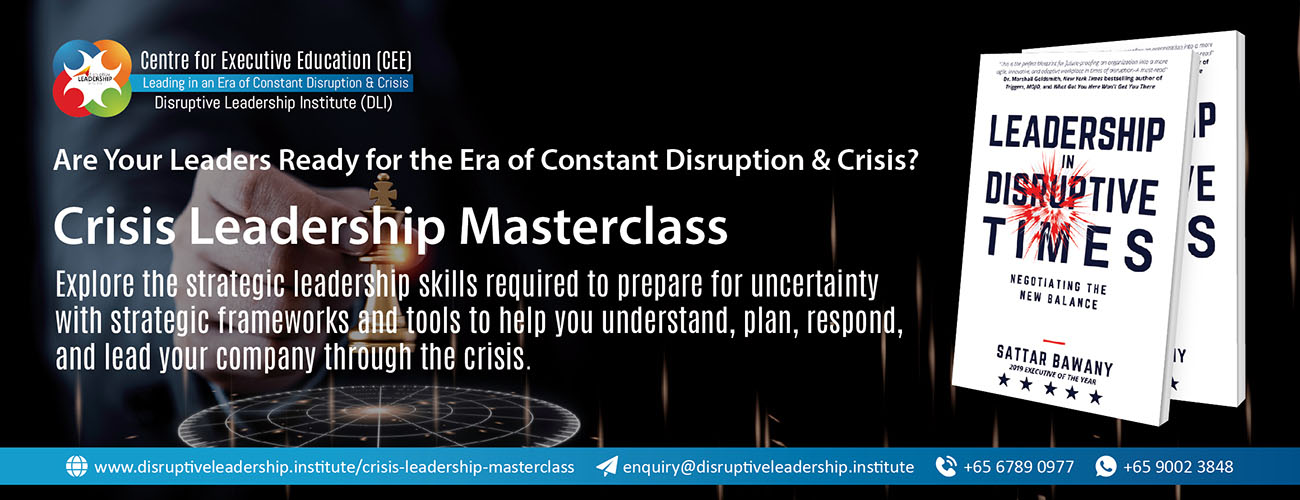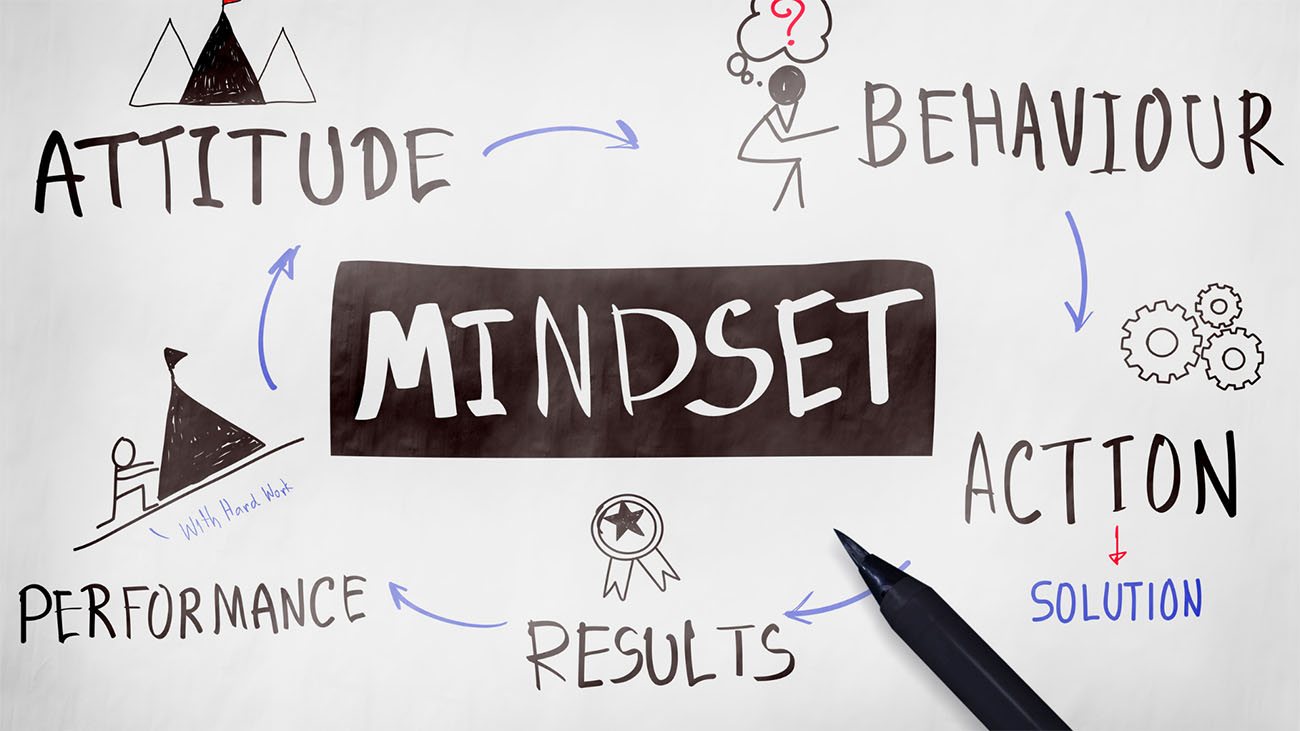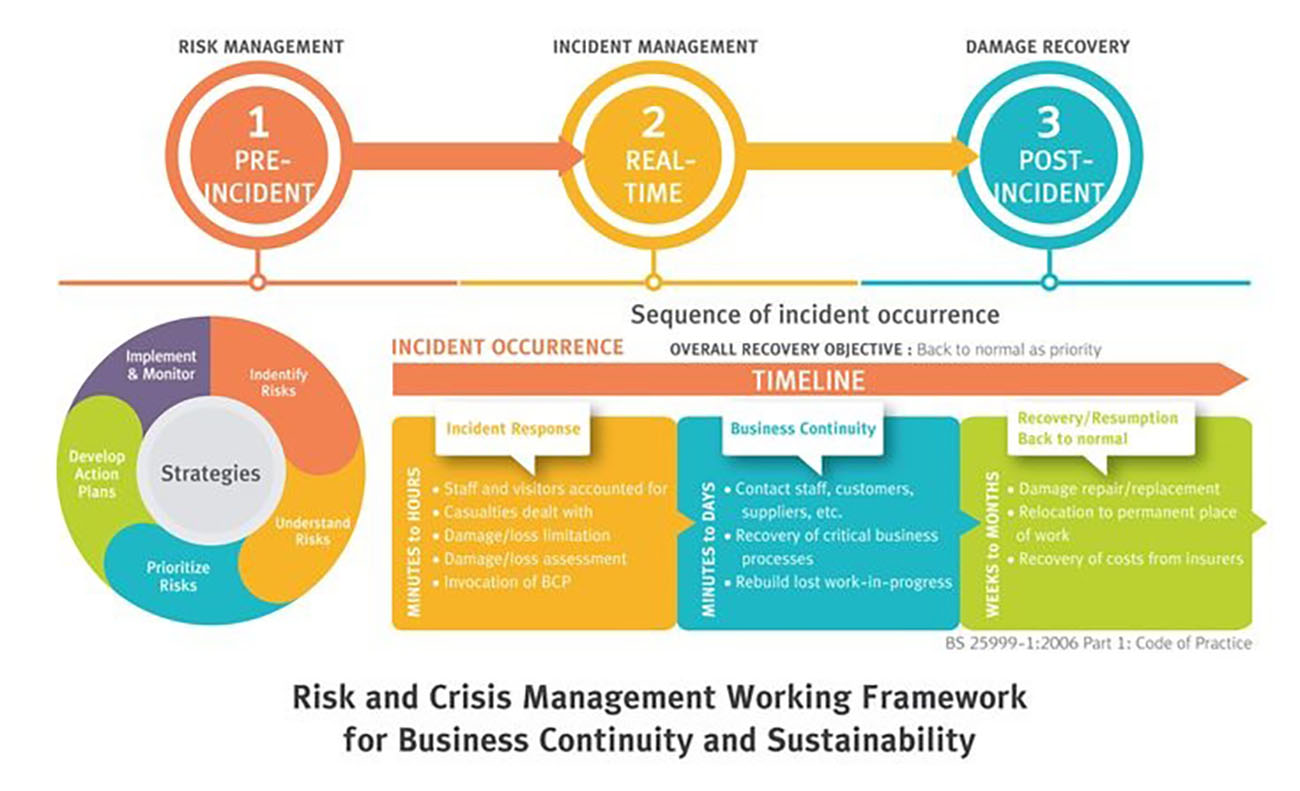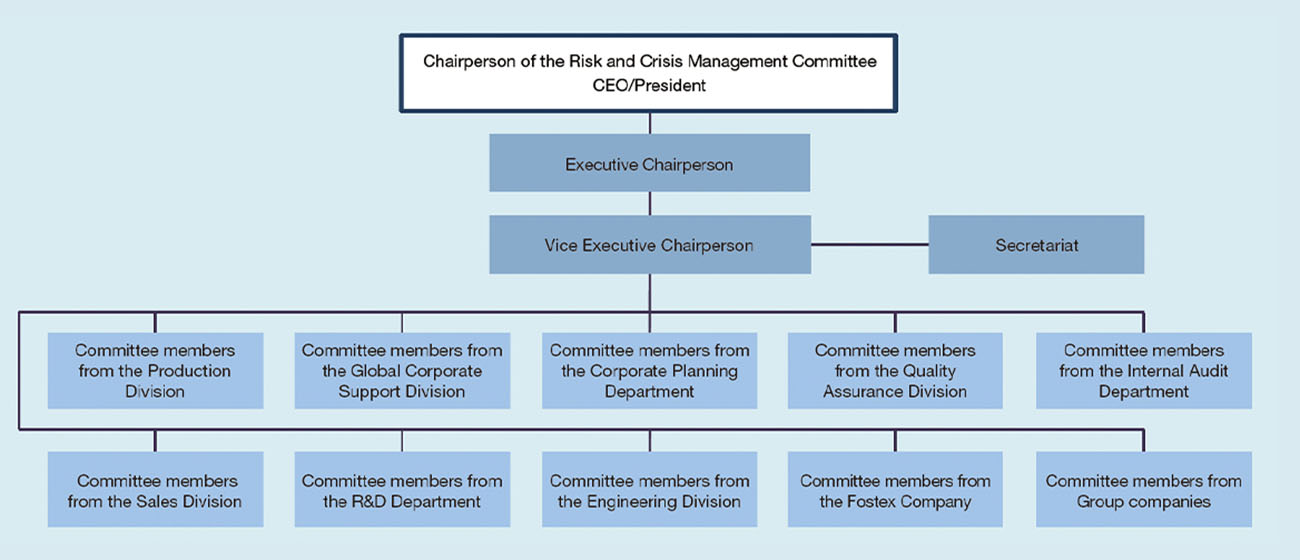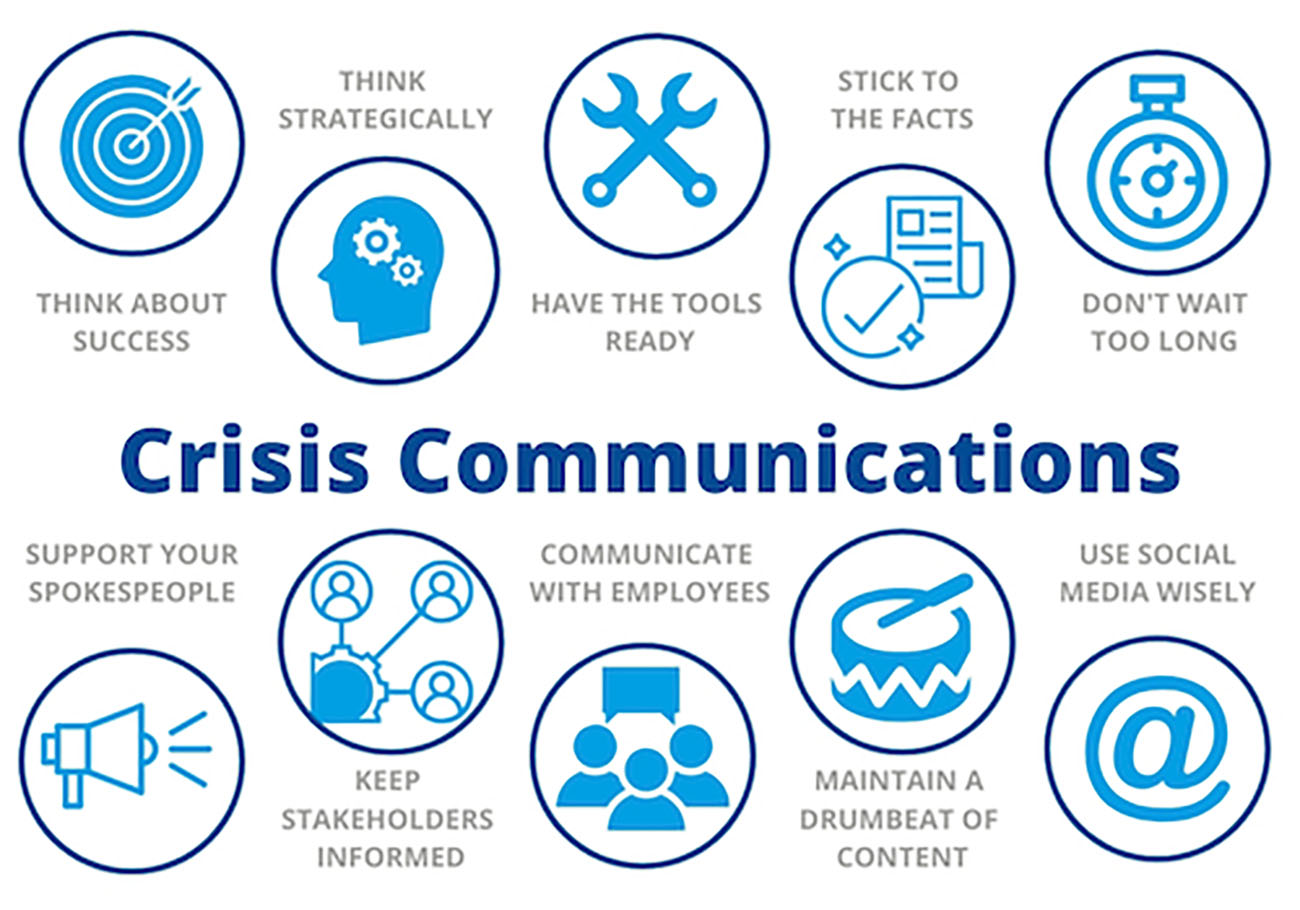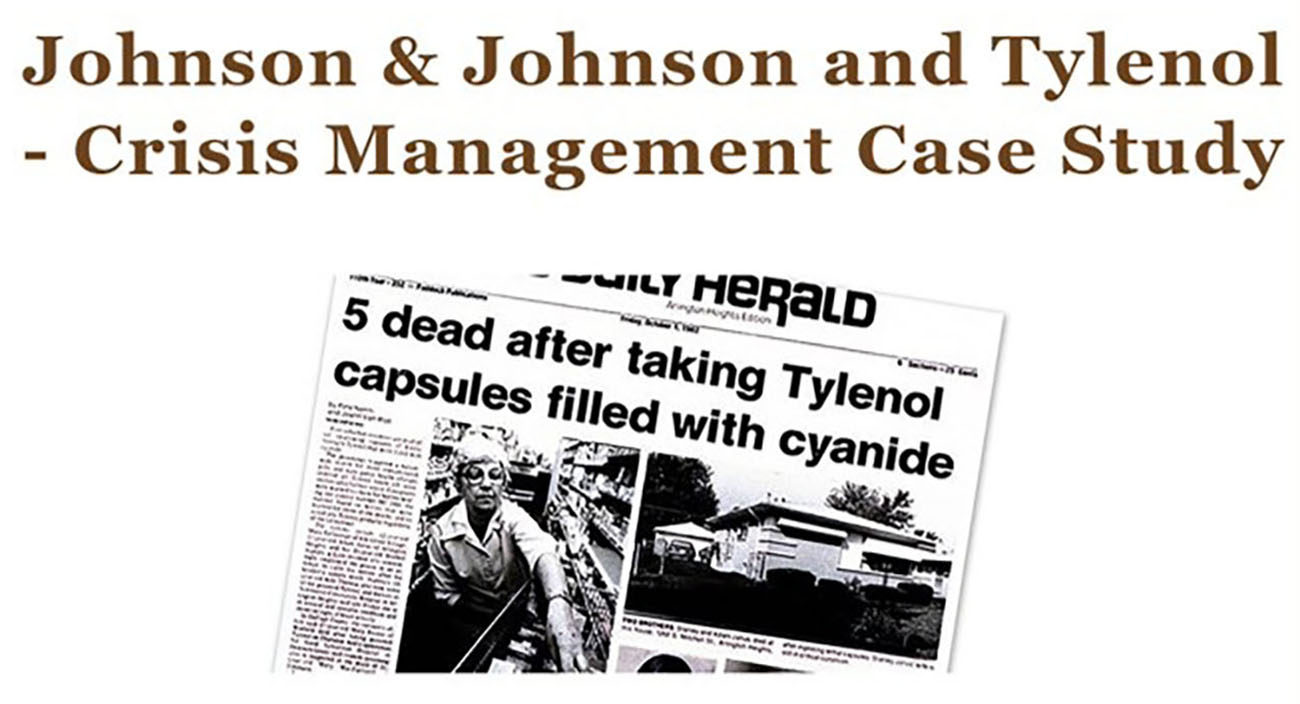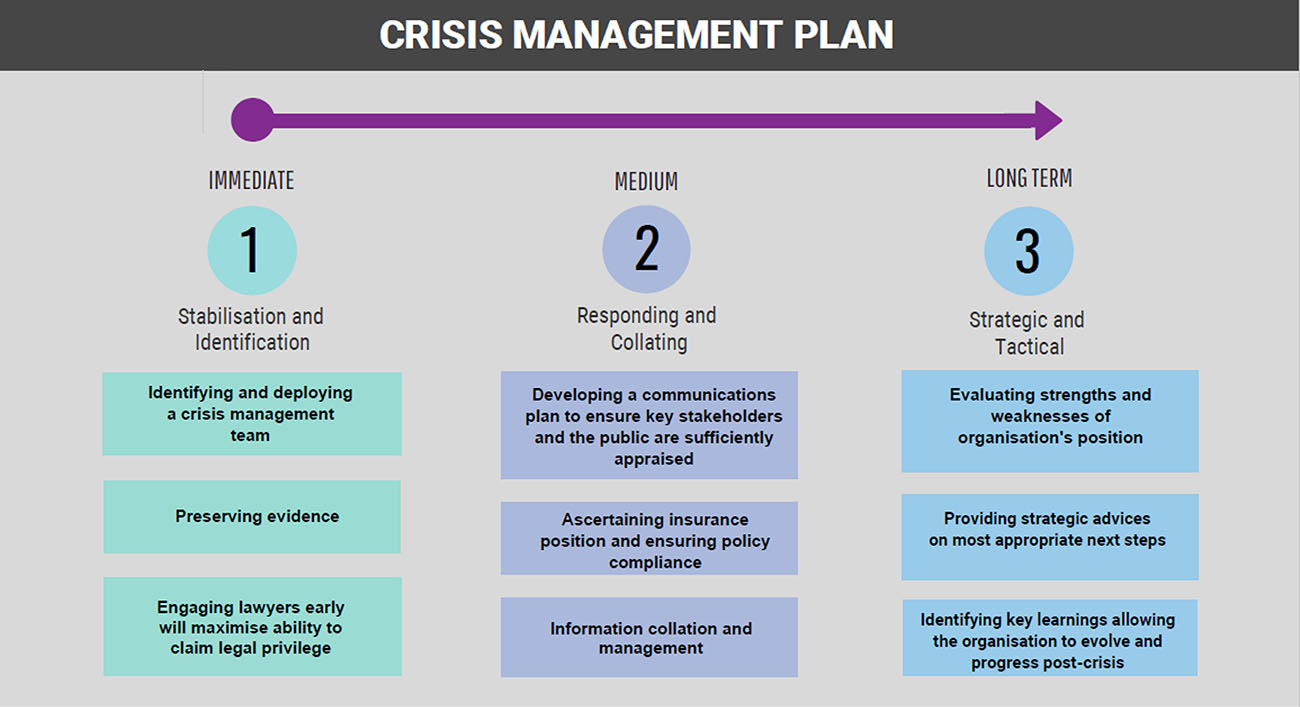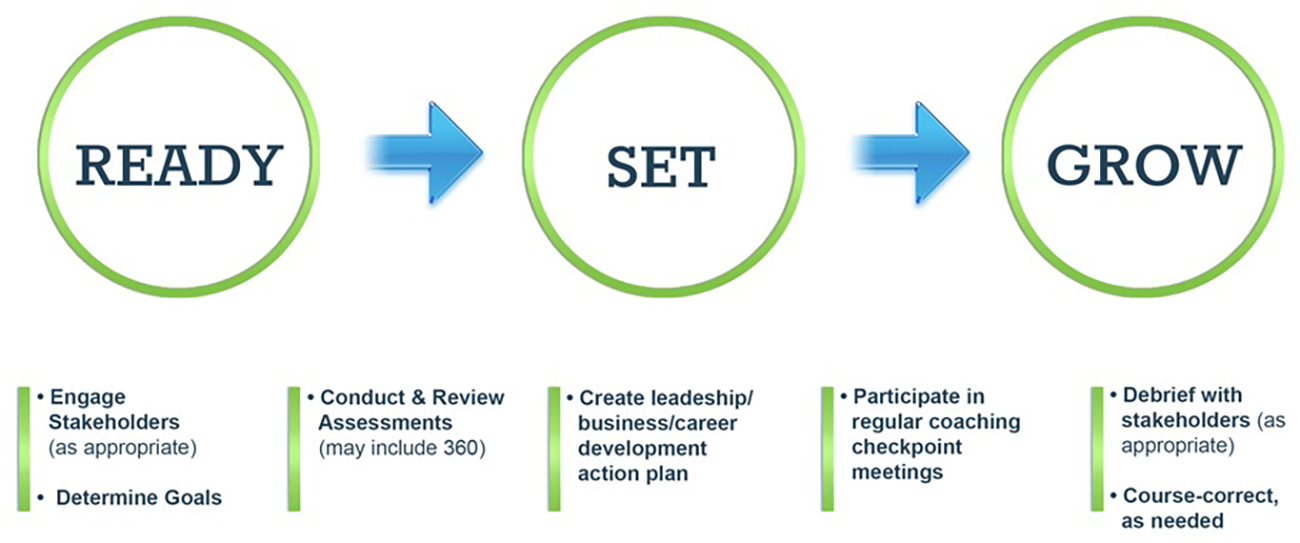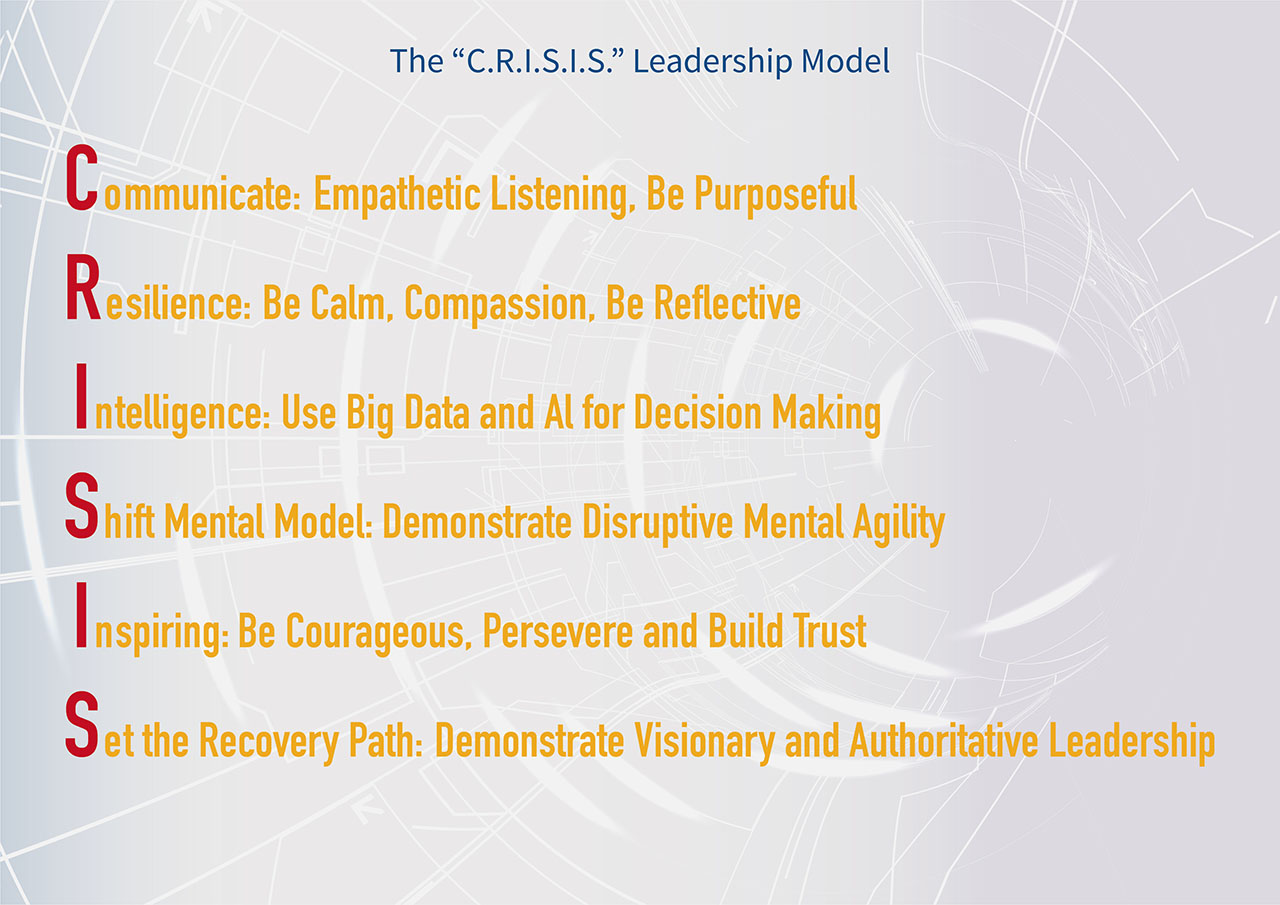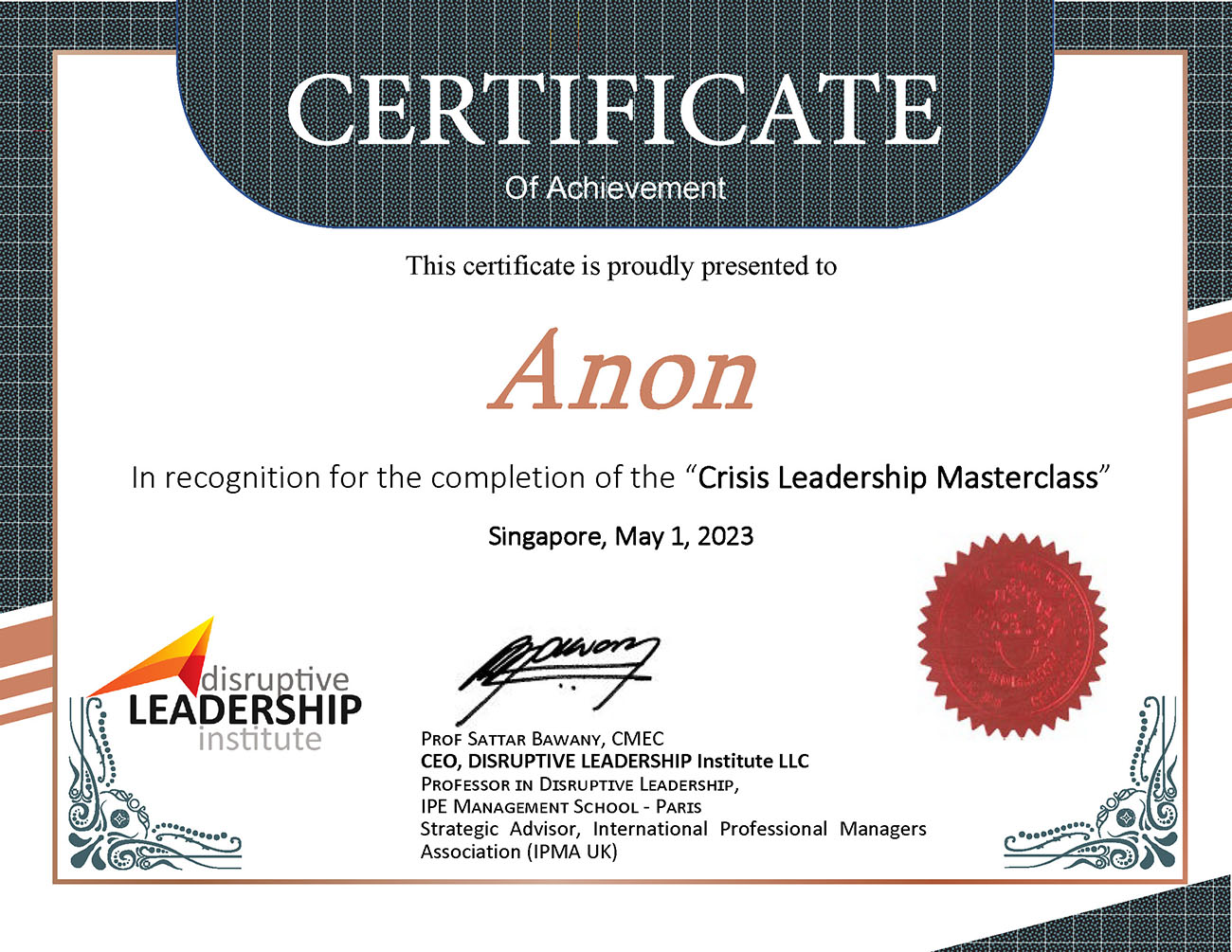Effective leadership can help any organization survive – and even thrive – in adverse circumstances. This masterclass is an opportunity to refine your leadership skills before extraordinary events test them. In the heat of a crisis, what you say and do matters more than ever. Do you have a crisis management plan in place? Are you prepared to lead? With the spotlight turned on you and your company, leadership during a crisis can make or break your career, not to mention your company’s reputation. This is why Crisis Management Masterclass is so critical as will ensure that you’re ready to play a key role by responding swiftly, strategically, and confidently to any crisis — internal or external, local, or global.
This masterclass focuses on the key elements that enhance executive and board crisis leadership and what factors may undermine meeting the organizational goals and business results. In an organizational crisis Boards, executives and senior managers face a myriad of organizational challenges as they navigate a range of expectations and obligations. These come from a range of stakeholders including communities, regulators, shareholders, and employees.
This course teaches essential ways to communicate and collaborate with every level of your organization during a crisis event.
This masterclass has been designed to provide participants with the relevant knowledge, skills, and competencies that are required to meet the insurmountable challenges and demands that need to be managed to lead effectively and ethically. The master facilitator will engage members through experiential learning and interaction and use case study examples drawn from contemporary crisis events.
With a strong emphasis on overcoming issues and challenges to lead with influence, participants will explore collaborative leadership and hone their skills in effectively leveraging networks and relationships to achieve successful outcomes.
The interactive masterclass encourages participants to reflect on crisis leadership issues, and how human factors influence leadership and their practice. This enables participants to think and act as leaders in new and constructive ways.
The Crisis Leadership Masterclass is designed jointly by the Centre for Executive Education (CEE) and the Disruptive Leadership Institute (DLI) and accredited by the International Professional Managers Association (IPMA) to provide participants with the knowledge and skills they need to successfully advance to the next level of strategic leadership.


